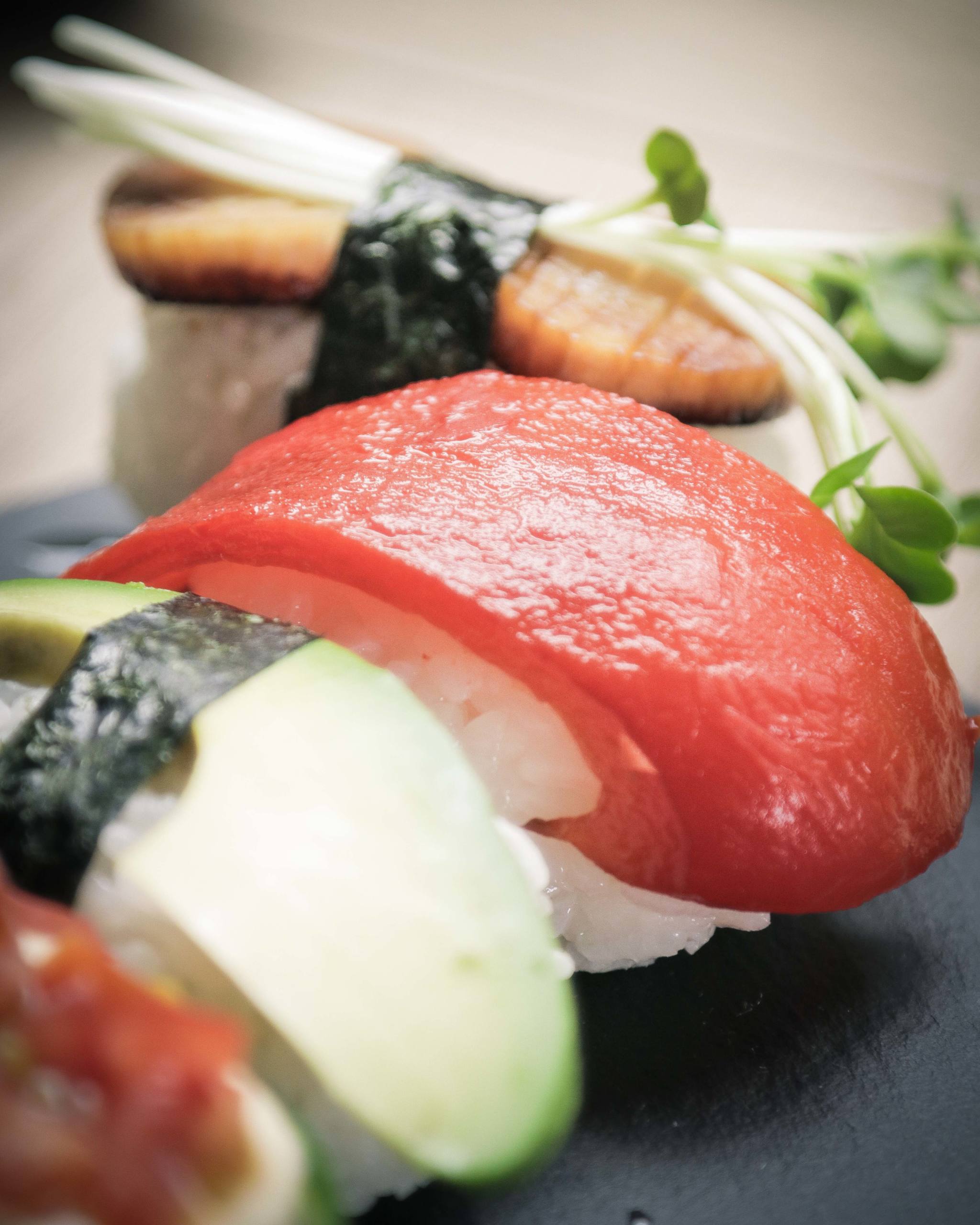
Bentoya ♡ Nigiri Sushi
View this post on Instagram A post shared by Vegan Japanese Cooking Class (@bentoyacooking)
The 5 books that will not only help you go but vegan, but stay vegan – a very subjective list by Weronika Szarafin
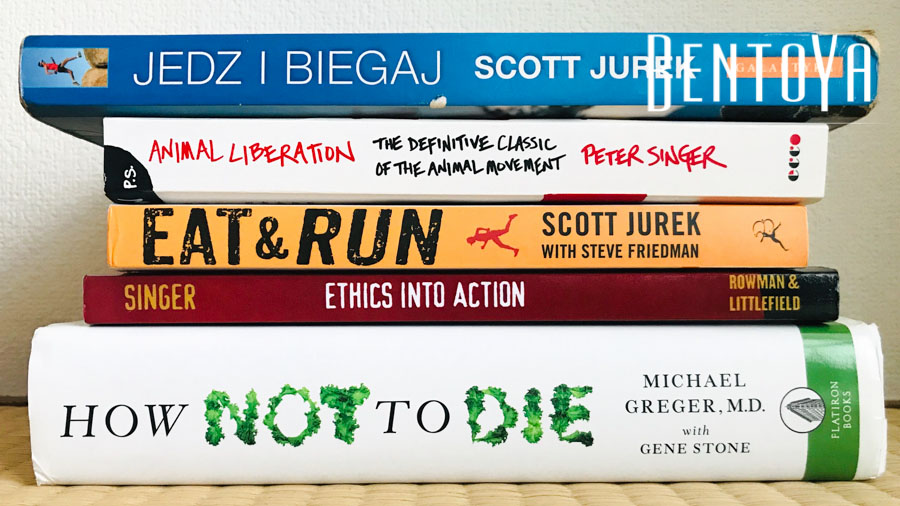
I am trying to find a perfect way to start this short article but it’s early in the morning and my brain needs way more coffee, so I’ll just say that I love reading. I am an avid reader in both my native language (Polish) and my second language (English). I love the smell of books, I get awkwardly excited when I find a book that I desperately need to have in my home library and I love writing about books. So here it is – an article about my love of books.
Animal Liberation by Peter Singer
This book is so important. Not the easiest to read but so valuable. Peter Singer is one of the greatest philosophical minds of our time, and this book will answer all the ethical questions you might have. Singer, with intelligence and compassion, discusses all aspects of speciesism and its effect on animals. First published in 1975, this book is still an essential read on my bookshelf, and I still come back to it in times of doubt.
Powerful quote:
“If possessing a higher degree of intelligence does not entitle one human to use another for his or her own ends, how can it entitle humans to exploit non-humans?”
Vegan for life by Jack Norris and Virginia Messina
Vegan for life, published in 2011, was the first book dedicated to vegan health written by certified dietitians. Every fact contained within has a link to a scientific study, so it’s perfect for every nutrition geek (including me). It’s a comprehensive go-to-guide for new vegans but is a valuable read for everyone. It has chapters focused on athletes, children and pregnant women so I believe that everyone will find something useful here.
Powerful quote:
“Getting calcium from plants might seem a little strange in a society that is so focused on dairy foods as a source of calcium, but some research suggests that even omnivores get as much as 40 percent of their calcium from plant foods. While a strong dairy lobby has convinced many consumers that milk and other dairy foods are essential for a healthy diet, the ability to drink milk into adulthood is not the norm throughout the world. Normal development throughout most of the world involves a gradual loss of the enzyme needed to digest milk sugar after children are weaned from breast milk. We refer to the lack of this enzyme as “lactose intolerance.” But that’s definitely a western bias since this “intolerance” is not a lack or an abnormality; it’s part of normal human development in most people.”
Eat and run by Scott Jurek
My copy of this book looks like it was trampled by 1000 bulls. Why? Because I have had it for 5 or 6 years and I carry it with me almost everywhere. I have moved from a country to country, sometimes with only one suitcase, but there was always a place for this particular book. When I read it for the first time 5 years ago, it awakened something in me. I was already somewhat into running but after reading it I wanted more, and I started exercising for real after this book. Jurek’s story, from a weird skinny kid from Minnesota to an ultramarathon legend is the autobiography that we all needed. Life might throw lemons at you, hundreds of them, but lemon pie tastes pretty awesome. Because sometimes you just do things, right Jurek?
Powerful quote:
“We all lose sometimes. We fail to get what we want. Friends and loved ones leave. We make a decision we regret. We try our hardest and come up short. It’s not the losing that defines us. It’s how we lose. It’s what we do afterward.”
How not to die by Michael Greger
If you are vegan and have never heard of Michael Greger and nutritionfacts.org you must be stuck in the 90s. Just kidding! Greger launched his website probably around 10 years ago and has been making short, educational videos ever since. 3 years ago his first book was published and man, it was huge. Not only in size (562 pages and 132 pages of Notes — all of the cited studies!) but also in content. Another great recommendation for all of the nutrition geeks out there.
Powerful quote:
“The primary reason diseases tend to run in families may be that diets tend to run in families.”
Ethics into action by Peter Singer
This book is a biography of one of the greatest animal rights activists ever, and 90% of activists haven’t even heard of him! Henry Spira was and always should be what we, animal rights activists, try to be. His methods demonstrably worked, and his activism helped millions of animals — just look up the anti-vivisection campaign called “How many rabbits does Revlon blind for beauty’s sake?”. Spira’s 10 ways to make a difference are, for me, the 10 commandments of activism – a must-read (you can find Spira’s list here:
Powerful quote:
“If we have learned anything from the liberation movements, we should have learned how difficult it is to be aware of the ways in which we discriminate until they are forcefully pointed out to us. A liberation movement demands an expansion of our moral horizons, so that practices that were previously regarded as natural and inevitable are now seen as intolerable.”
My additional, personal TO READ list:
Veganism in an Oppressive World: A Vegans-of-Color Community Project
Sistah Vegan: Black Female Vegans Speak on Food, Identity, Health, and Society
The Sexual Politics of Meat: A Feminist-Vegetarian Critical Theory
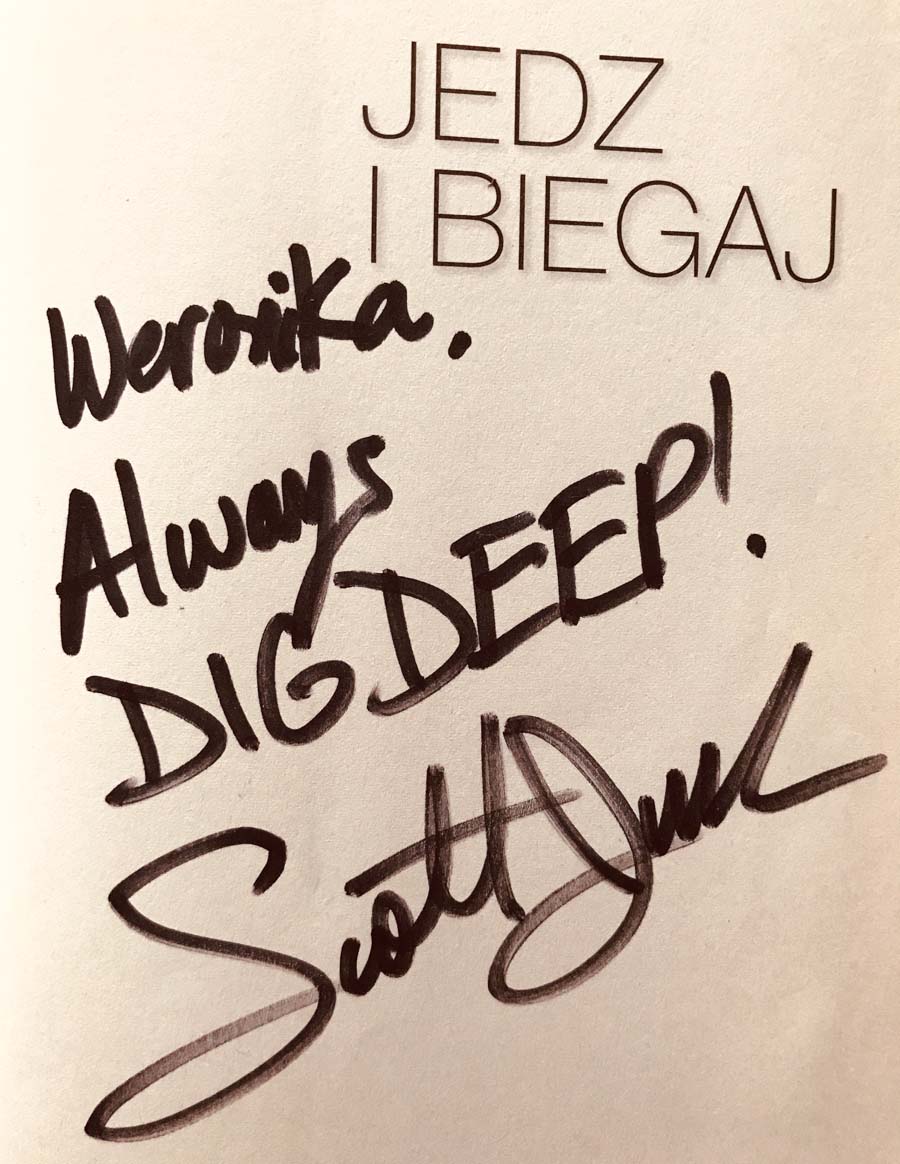

View this post on Instagram A post shared by Vegan Japanese Cooking Class (@bentoyacooking)
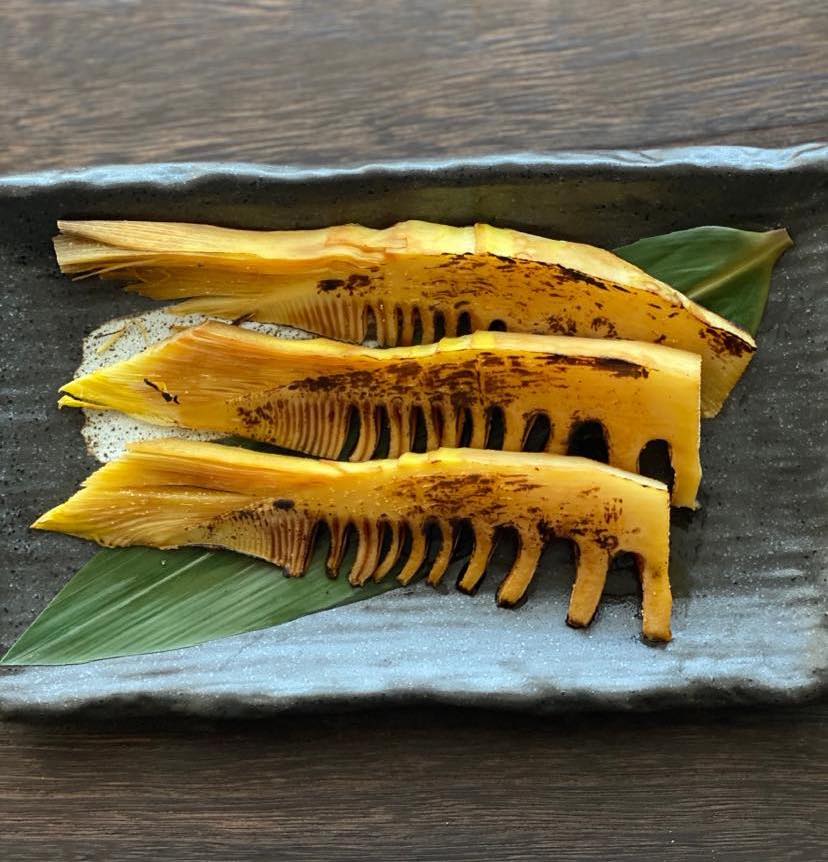
In Japan, the vegetable and fruit selection changes with the seasons. Seasonal vegetables are often budget-friendly and a great way to add variation to your cooking.
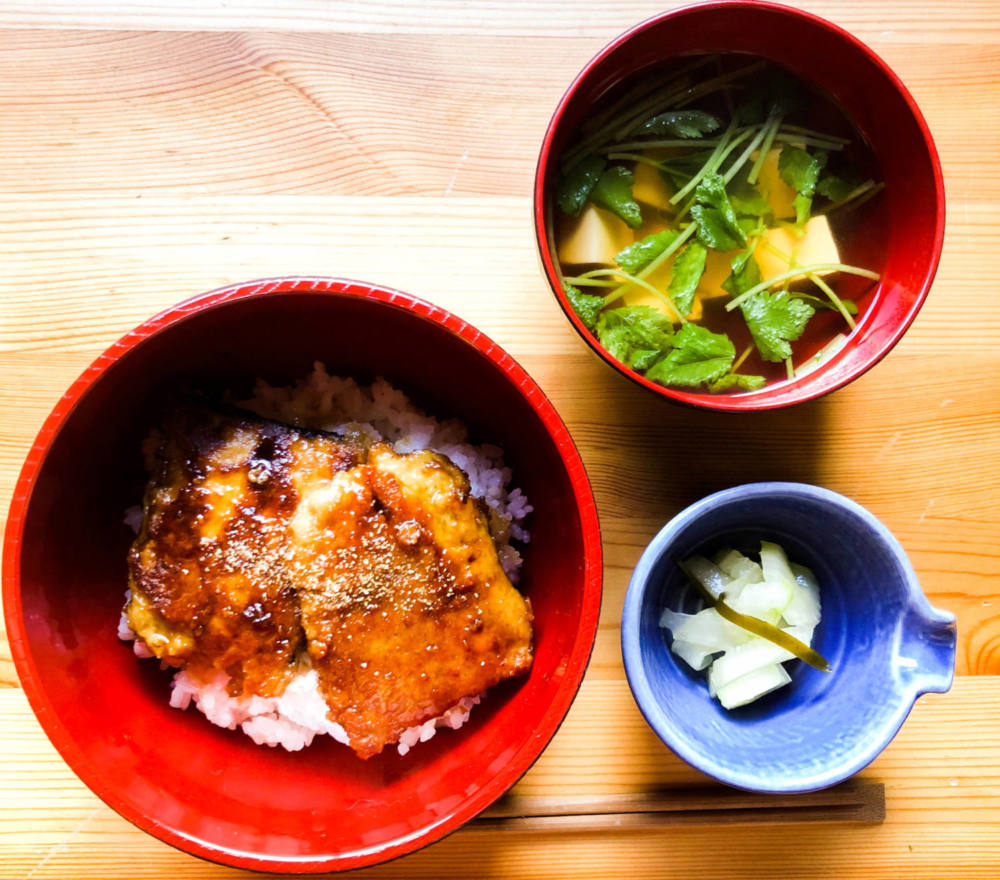
Modoki ryori refers to food which uses plant-based ingredients to mimic the appearance, taste and texture of meat dishes. This type of dishes are common in shojin ryori and they have also achieved a certain mainstream popularity due to the health factor of eating vegetable-rich meals.
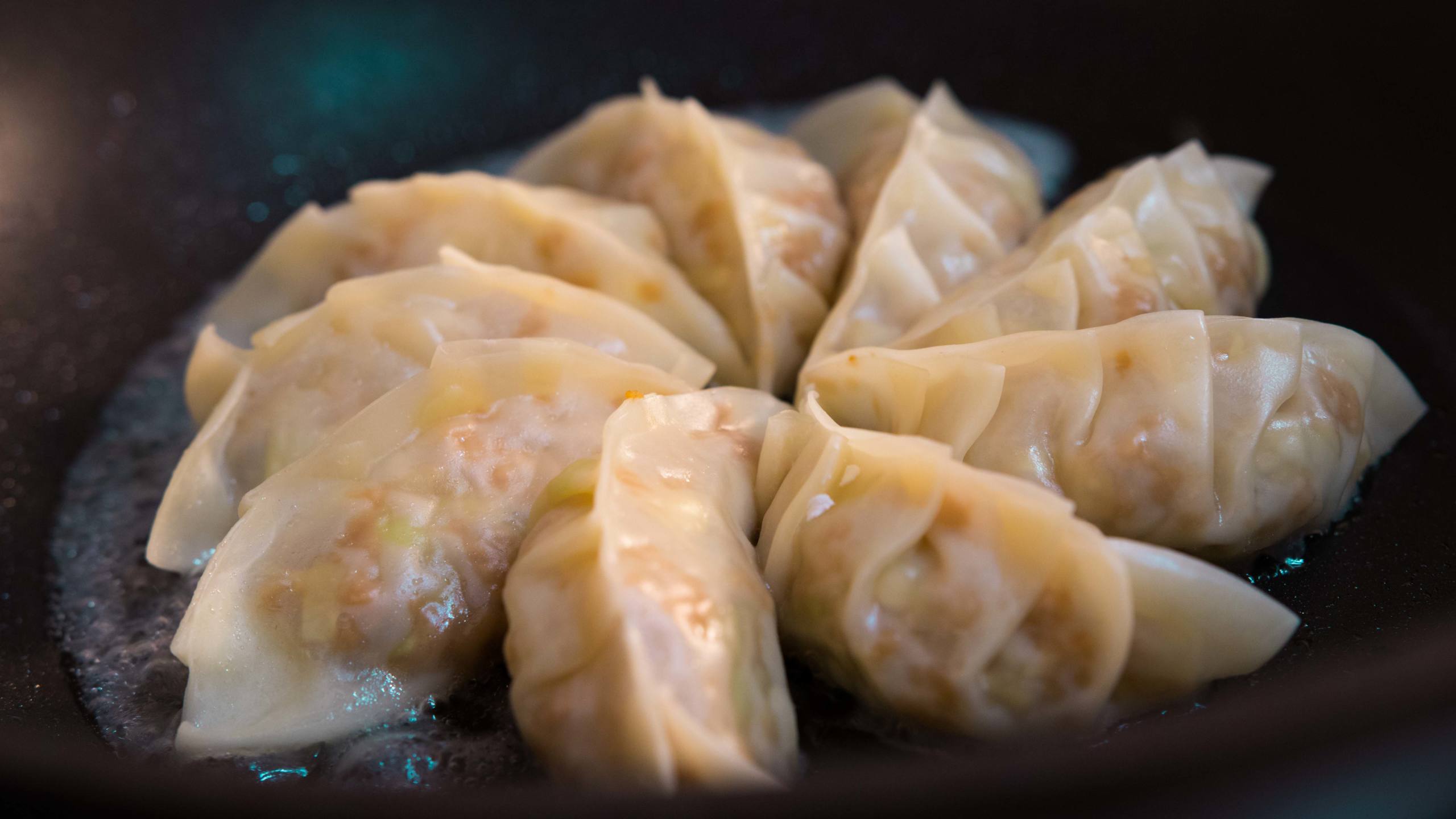
Chuka ryori (中華料理) refers to Japanese-Chinese dishes which originate from China, but have been adjusted to fit the style and taste of the Japanese palette. Dishes that belong to this group are for example ramen, gyoza and harumaki.
Sign up to our newsletter and get our latest recipes, cooking related content & offers delivered right to your mailbox!